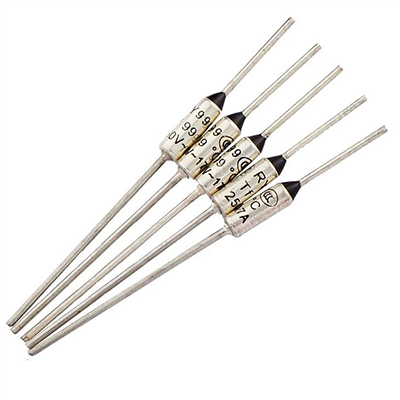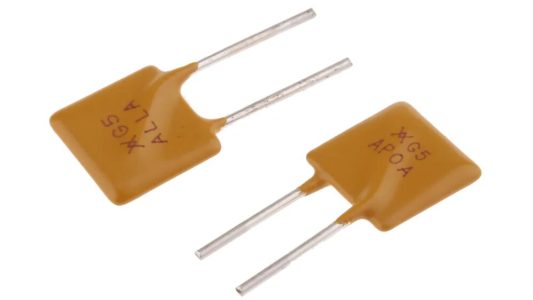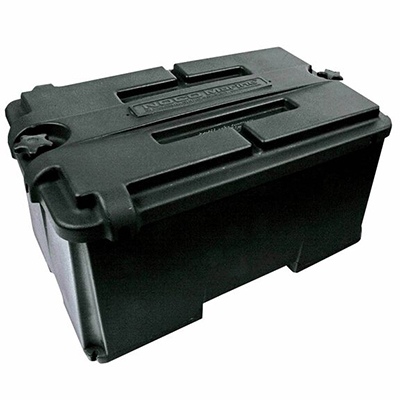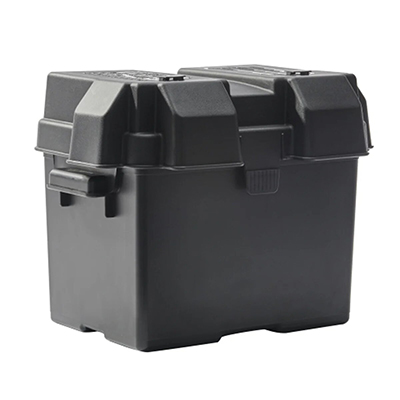Current Fuses in Vehicle Engine Electrical Systems: Key Roles and Applications
News 2025-10-24
Current fuses are fundamental safety devices in automotive engineering, specifically designed to protect engine electrical systems from overcurrent damage. They work by incorporating a metal element that melts when excessive current flows, effectively interrupting the circuit and preventing potential hazards like fires or component failures. In vehicles, these fuses are critical for maintaining the reliability of complex electrical networks, which include components such as ignition systems, fuel injectors, and sensors. As automotive technology evolves, the integration of electronic systems makes fuses even more essential for ensuring operational safety and efficiency in everyday driving conditions.

Applications in Engine Electrical Systems
Current fuses find extensive use across various parts of a vehicle’s engine electrical setup. For example, they safeguard wiring in the charging system, protecting the alternator and battery from overloads that could arise during high-demand situations like starting the engine. In modern fuel injection and emission control systems, fuses prevent short circuits that might disrupt precise timing and fuel delivery, thereby supporting better engine performance and reduced emissions. Additionally, in electric and hybrid vehicles, they protect high-voltage circuits, ensuring the safe operation of motors and regenerative braking systems under diverse driving scenarios.
Performance Advantages
Fuses offer distinct benefits that enhance the durability and efficiency of engine electrical systems. They respond rapidly to overcurrent events, limiting damage and avoiding costly repairs by isolating faults quickly. Their compact design and low cost make them practical for widespread implementation in automotive manufacturing. Fuses also exhibit strong resistance to environmental factors, such as temperature fluctuations and vibrations, which are common in engine compartments. This reliability contributes to improved vehicle longevity and fuel efficiency, as they help maintain optimal electrical flow without introducing significant resistance or heat buildup.
Frequently Asked Questions
1、What is the main purpose of a current fuse in a vehicle engine system?
Answer: It protects circuits by breaking the connection when current exceeds safe levels, preventing damage from overloads or shorts.
2、How can a blown fuse affect vehicle performance?
Answer: A blown fuse can cause systems like lights or fuel injection to fail, leading to poor engine operation or safety issues until replaced.
3、What factors should be considered when selecting a fuse for engine applications?
Answer: Consider the amperage rating, voltage compatibility, and the specific electrical load of the component to ensure proper protection.


